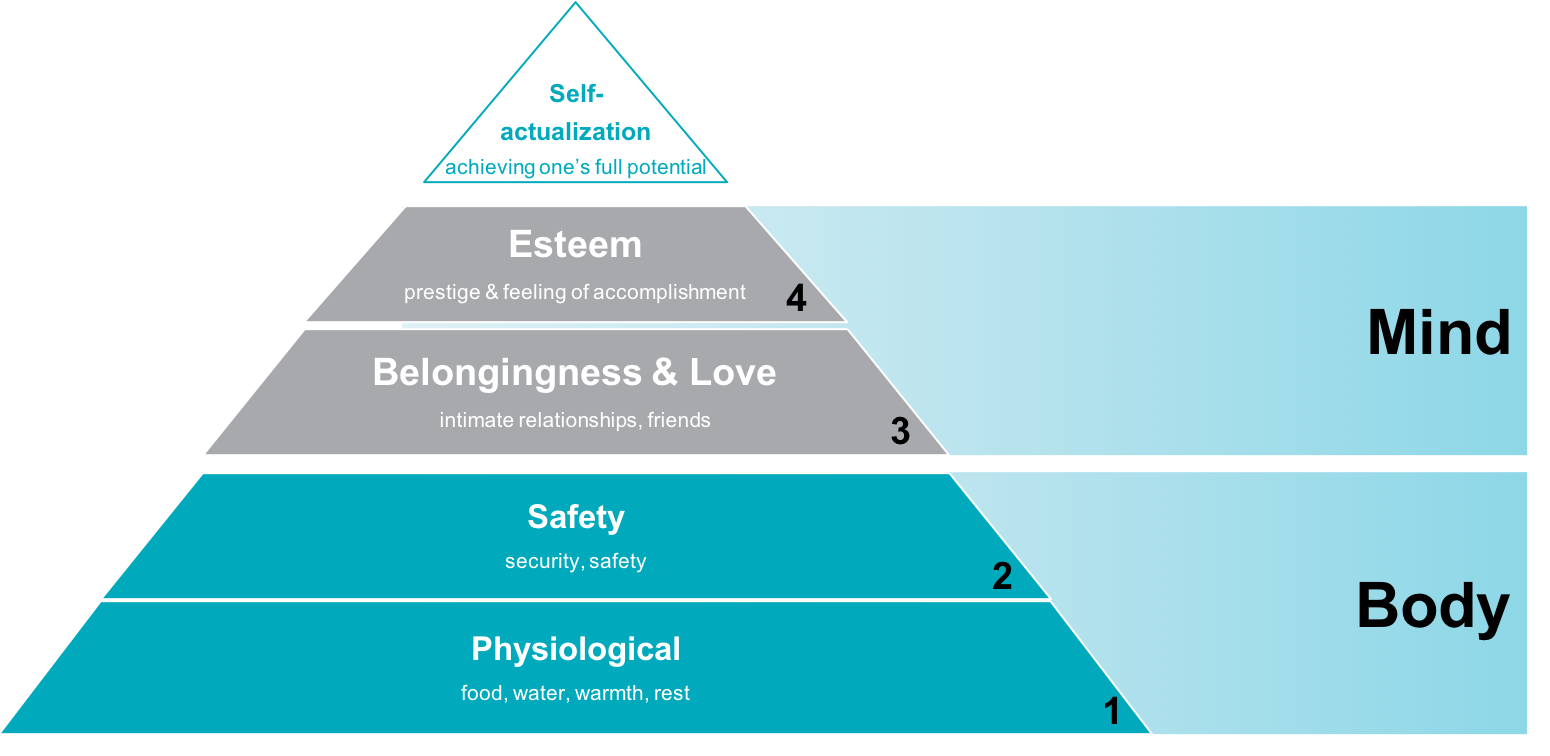
I begged and begged to not have to go to therapy. But my Class Dean at Babson College wouldn’t have it.
By the third year, she knew me as an ambitious, high-performing student who was determined to graduate a year early. And she saw what I couldn’t see at the time – that I needed a better self-care routine.
“Look, Sabrina, I’d love for you to resume your classes, but I cannot let you do that if you don’t go to your weekly therapy session.”
I walked back to my dorm room in shame. Over the course of the next week, I spoke to no one.
Silently, I struggled against common misguided beliefs:
- Does this mean I’m “sick”? Will I ever be normal again?
- Am I crazy and just don’t know it? What if it gets worse?
- What will the therapist ask me? I don’t have anything to talk about.
- What will my parents think of me now? Will they still love me?
- How will I explain to my friends where I go on Monday afternoons?
Monday arrived and after a full day of classes, I grudgingly dragged myself into the therapist’s office for the first session.
“Hi, I don’t know why my Class Dean asked me to meet with you. As you can see, I’m totally fine,” I said confidently, with a smile.
“Sure, I’m a little stressed, had some sleepless nights, and a panic attack right before class last Thursday. But this is a normal part of life. I can take it and I’ll pull through. I just have to make it to the finish line…”
“Debilitating? Oh no way, not at all. You see, my family immigrated to the US and had no money and no education. But they have achieved so much because they took on higher and higher levels of stress.”
This is an example of Ascription of Causality, which means that my mind assumed causation, even when evidence suggests a correlation.
Let me explain further. My mind was equating more stress with more success. However, this was faulty thinking because I was not seeing the whole picture:
- The role of luck, timing, and other contextual aspects that significantly contributed to my family’s success.
- All the people who arguably took on the same levels of stress, but didn’t achieve the same level of success.
- What was given up in exchange for greater levels of stress: physical health. Both my parents developed chronic health conditions in their mid-30s.
- Once all of these factors are taken into account, we can easily see that more stress doesn’t necessarily result in greater levels of success.
This is when I first realized that identifying and unlocking faulty thinking patterns is necessary for us to see truth more clearly.
By the fourth session, I started to look forward to the weekly meetings. I called it “me-time” because it was dedicated time and space to focus on just me, and to critically evaluate my thinking and decision-making process.
I still graduated a year early, but my college transcript didn’t determine how I felt about myself anymore. I knew I had done my absolute best and learned a whole lot.
Most importantly, I learned to seek help when I needed it. I experienced sleepless nights again ten years later, at INSEAD. It happened before each session of the Embracing Complex Change (ECC) class. I consulted the professor and heeded her advice to drop the class and schedule an appointment with the school therapist.
This time though, I walked with my head held high, as this was an act of self-love and this is what mature adults do. And in fact, I met many other classmates who had also benefitted from regular counseling sessions.
Our relational health is just as important as physical health, and it starts with finding a therapist (similar to joining a gym). Relational health begins with the relationship I have with myself. How I think and feel about myself determines the quality of life I lead, and impacts all my other relationships – be it with a partner, family, colleagues, friends, community, and even our planet. Just as we learn which foods to eat and how to exercise for physical fitness, we also need to learn which thoughts to feed our minds and how to create healthy boundaries for relational fitness.
If our mind is the apparatus we use to make thousands of decisions every day, doesn’t it make sense to spend an hour every week to learn how it works? Therapy is certainly a critical component of my holistic self-care routine – mind, body, soul. It’s a classroom to learn and unlearn the most important lessons life presents. It helps me to see my own patterns and overcome the barriers to my success.
Psychological self-awareness is an integral next step on the road to improving our lives and the world around us. Therapy builds our self-awareness over time by creating regular checkpoints to evaluate our emotions and thoughts, and ultimately improve our decision-making process. On Maslow’s Hierarchy of Needs, it targets steps 3 & 4: Belongingness & Love and Esteem, but also influences and impacts the previous two steps, and simultaneously paves the road upward. It doesn’t get any easier than this!

